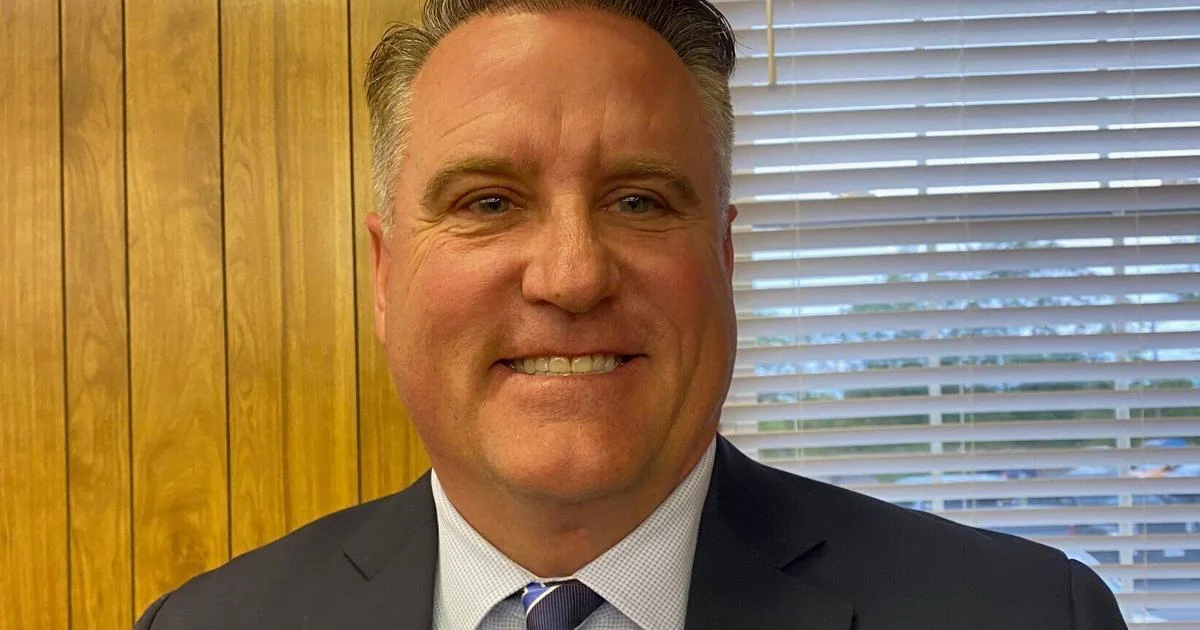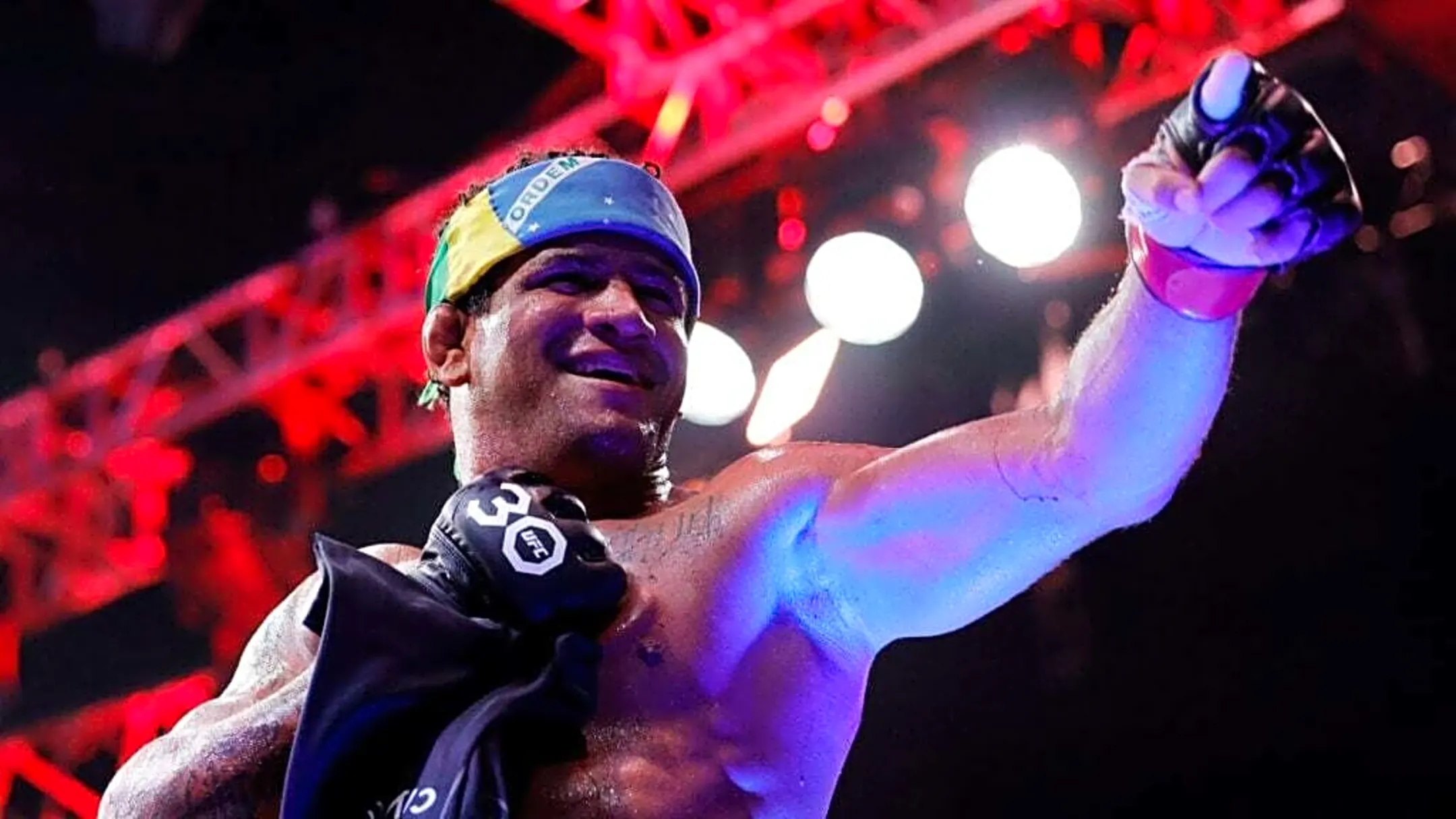
Sen. Bryce Reeves, R-Orange, wants to jump from the Virginia Senate in Richmond to the U.S. Senate in Washington, but he would have to get past Sen. Mark Warner, D-Va., in midterm elections next year to do it.
Reeves, serving his fourth term in state office, announced his candidacy for the U.S. Senate on Wednesday by highlighting his military service, background in law enforcement and work as a “bipartisan leader” in the state Senate.
“Virginia deserves a senator who will put service above self, work across the aisle to get results, and make life easier, better, and safer for our families,” he said in the campaign announcement. “I’ve worn multiple uniforms, built a business, and passed 149 bipartisan bills in Richmond to help Virginians. I’m ready to bring that same proven leadership to Washington.”
He added: “In the U.S. Senate, I’ll focus on lowering costs, keeping communities safe, securing our border, and building a stronger future for Virginia families. It’s time for a leader who won’t get distracted by partisan obsessions, but will deliver results.”
Reeves first would have to secure his party’s nomination, which was an obstacle in his first run for statewide office, as a candidate for lieutenant governor in 2017, and in his bid for Congress in the 7th District in the 2022 midterm elections.
Currently, the only other candidate is Kim Farington, a political newcomer from Fairfax County who runs a cybersecurity firm after a long career in the federal government.
“There may be more Republicans getting into the race, which is still unclear a year out,” said Steve Farnsworth, director of the Center for Leadership and Media Studies at the University of Mary Washington.
Virginia Republican Party Chairman Mark Peake, a state senator from Lynchburg who serves with Reeves, said Wednesday, “I have not had any conversations with anyone else pursuing that office.”
Gov. Glenn Youngkin, who leaves office in January, would be the “odds-on favorite” to win the Republican nomination to challenge Warner, Farnsworth said, but the Republican governor has given no indication that he is interested in running for the Senate. Youngkin has been mentioned nationally as a potential Republican candidate for president in 2028 and has become a prominent supporter of President Donald Trump.
“If you run for the Senate in ’26, you can’t very well argue you should be running for president in ’28,” Farnsworth said.
Warner’s office had no comment on Reeves’ announcement. Virginia Democratic Party Executive Director Chris Bolling called Reeves “a perennial candidate who is best known for running and losing elections.”
State Sen. Jill Holtzman Vogel, R-Fauquier, edged Reeves for the GOP nomination for lieutenant governor in a three-way Republican primary in 2017. In 2022, he finished third as Yesli Vega won a six-way GOP primary to become the GOP nominee in the 7th Congressional District.
“Now he’s gearing up to lose another by tying himself to Trump’s deeply unpopular agenda of cutting taxes for the richest while attacking Virginians’ health care,” Bolling said. “Reeves even opposed expanding Medicaid in Virginia, which has provided life-saving coverage to hundreds of thousands across the Commonwealth.”
Farnsworth, at Mary Washington, said those primary races give Reeves experience in running for federal office.
“He’s an effective fundraiser and is likely to rely on his law-and-order biography,” Farnsworth said.
Reeves is a former U.S. Army infantry captain, both Ranger and Airborne qualified. After leaving the military, he worked as a police officer and detective in Prince William County. He worked as a State Farm insurance agent for 25 years.
Farnsworth added, “Any Republican candidate going up against Senator Warner is facing an uphill challenge.”
Warner, Virginia’s governor from 2002 to 2006, was first elected to the Senate in 2008. He has raised $13.4 million and had more than $10.1 million in the bank on June 30, the end of the last campaign finance reporting period.
Farington had raised $58,289, including $47,000 in loans to her campaign.
Reeves has raised $420,320 for his state Senate re-election in 2027, with $218,082 on hand on June 30. He does not have to resign his seat in the Virginia Senate to run for U.S. Senate.
Whoever wins the Republican nomination also could face historical headwinds in elections in the middle of Trump’s second term as president.
“Presidential midterms are often a problem for the president’s party,” Farnsworth said.
Reeves also is likely to tie himself closely to Trump’s record, Farnsworth said. “It’s clearly hard to win a Republican primary without a favorable word from the president.”



